Vegetable beds are made from corten steel, a rust-resistant material. Rustproof steel is also called rust-resistant steel. Corten steel vegetable planters is approved for use in vegetable gardens. It is made by heating rolled sheets of iron with steels such as wrought iron and carbon steel, where iron atoms combine with oxygen to form rust.
During that process, a strong chemical bond is formed, making it very resistant to rust. Corten steel is typically made through the electrolysis process, which dissolves iron and copper in water. In order to create an electrical current, the steel is transferred to an anode and a cathode. Corten steel resists rust well, but it is not as resistant to salt water as other steels due to the fact that it does not corrode under salt water.
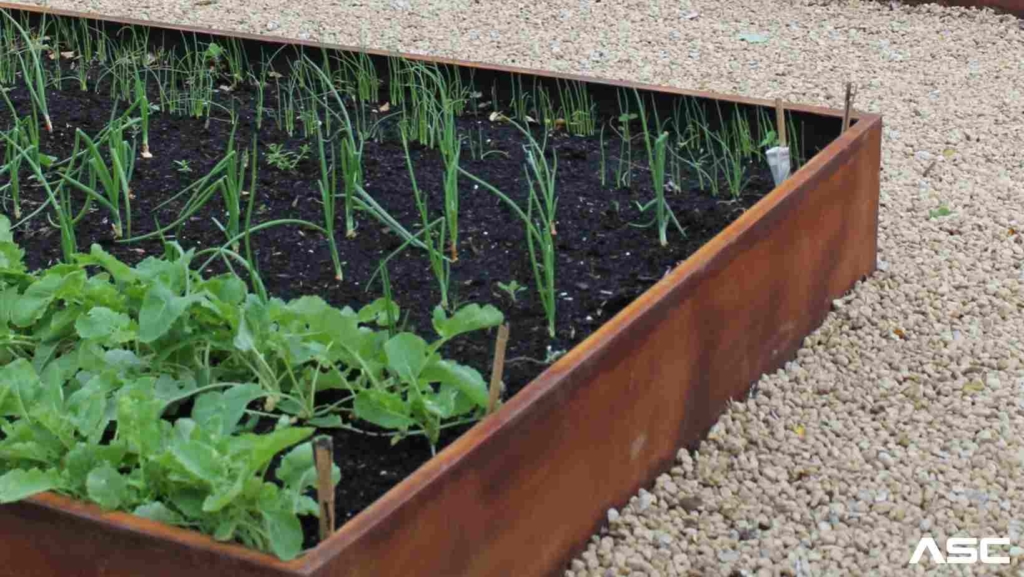
Corten steel is commonly used for vegetable beds. In the last 50 years, it has been widely used. However, the use of corten steel for vegetable beds has increased recently. It’s very cheap and low maintenance, compared to other materials such as concrete and metal. The reason for this is that it can be used in almost all kinds of vegetable beds, and it does not require any special knowledge to use. The molten metal is heated in a furnace to form corten steel.
A process of heating will alter the physical characteristics of the metal and make it sharper, such as adding more oxygen before it is converted into the base metal (which is what makes it steel). Other characteristics of corten steel, like its ability to be welded and used in machinery, are similar to those of other metals. As a low-maintenance material, it’s popular among gardeners because it doesn’t require special knowledge to use.
Planters made of corten steel are becoming more popular. In landscaping, it is used for garden edging, sculptures, fences, outdoor fire pits, and screens. The material is low-maintenance and durable. Additionally, it gives your garden a natural and earthy look.
Corten steel lasts for a long time. However, this material is not advisable to use in regions near the ocean and humid or foggy areas. The protective layer of the patina may continue to corrode and weaken structurally instead of being stabilized. Nevertheless, it can still outlast wood.
You should also know that Corten isn’t fully rustproof. The water collected in the pockets will still corrode the material. Therefore, a drainage system should be constructed to prevent water from collecting in the pockets. We are the Largest corten steel suppliers in Mumbai.
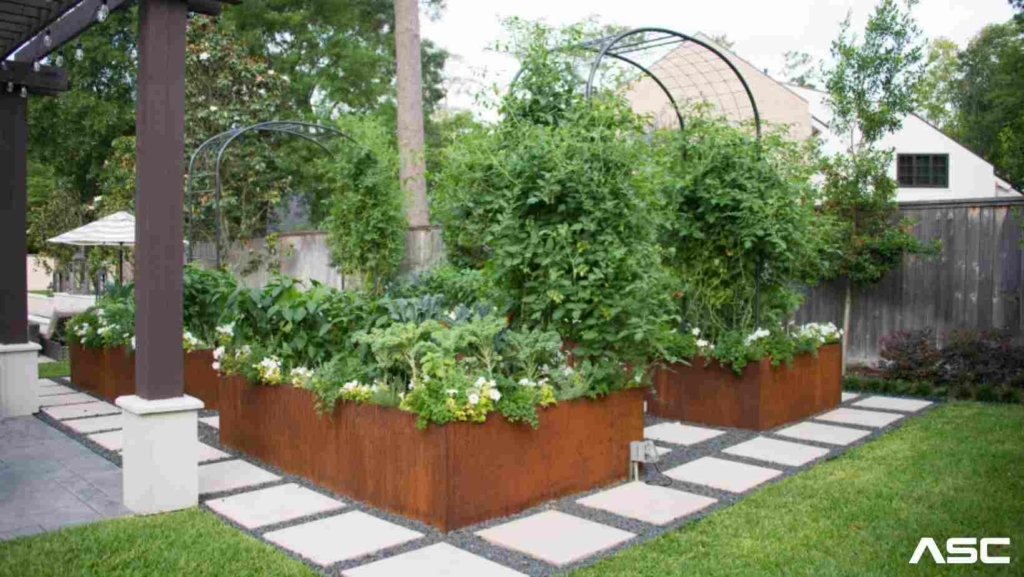
Corten In Gardens
Your garden planters should last for many years, even with the presence of soil in them. Other planter materials, including most metals, do not last long, especially with dirt. At best, they’d last for about a year or two. On the other hand, Corten steel will last for decades. It also doesn’t need much maintenance to keep it in good working order.
The earthy tones of this material provide a nice contrast to the green color of the vegetables. A steel planter’s thinness makes it easy to shape it in any way that fits in tiny spaces.
You can build your own Corten planter or buy one that’s ready for garden use. Distributors such as Rustfab have materials suitable for your needs. Good Corten steel planters will help supply your household with fresh vegetables for many years.
Admittedly, Corten is more costly than wood, but this steel will last for practically a lifetime. Treated wood used for resisting decay is full of chemicals, and no gardener should use this to grow edible plants. You also wouldn’t want old railroad ties as planters, as they are soaked in creosote. And responsible gardeners wouldn’t want harmful creosote in their soil.
Another viable material to use for an edible garden besides Corten is cedar, but it can be expensive. You’d also have to replace it eventually. Corten is still the clear winner in terms of cost-efficiency, durability, and versatility.
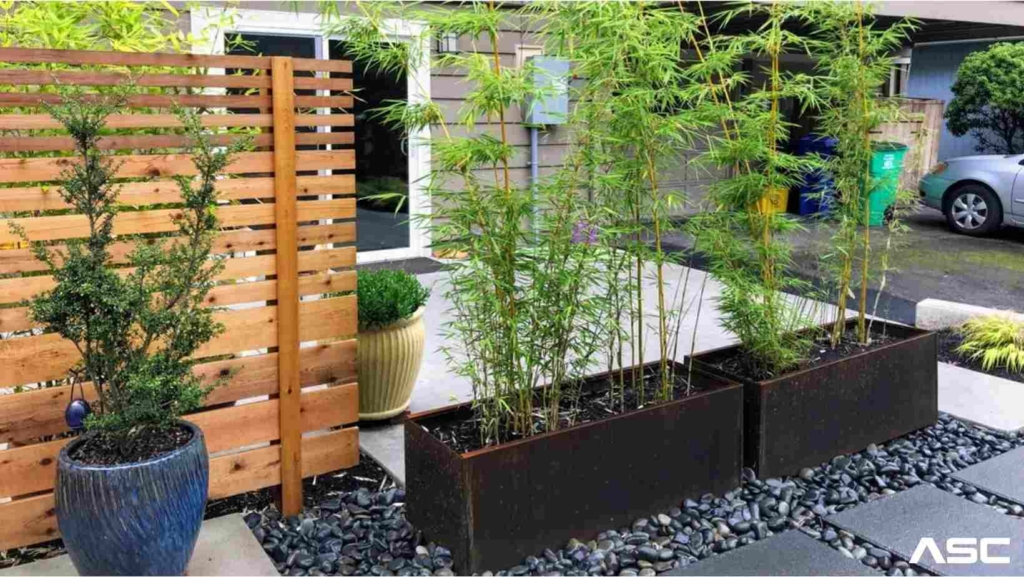
Corten And Vegetables
Tomatoes and other salad vegetables are safe to grow in Corten planters. However, to relieve any lingering concerns, you can line the planter’s interior with a food-grade waterproofing coat, similar to those used in rainwater tanks. Generally, it is safe to grow edible plants in planters made from weathering steel.
Keep in mind that steel absorbs heat. You could easily burn your hands on a hot day if you touch them without gloves. However, the absorbed heat benefits your plants in large garden beds because it can keep the soil warm overnight.
Maintaining Corten Planters
Corten planters are low-maintenance—you don’t have to do much to maintain them. You can concentrate on your plants and make sure they are in great shape instead. Since you can be a little creative with the material, you may shape them in any way to plant various types of veggies in your garden.
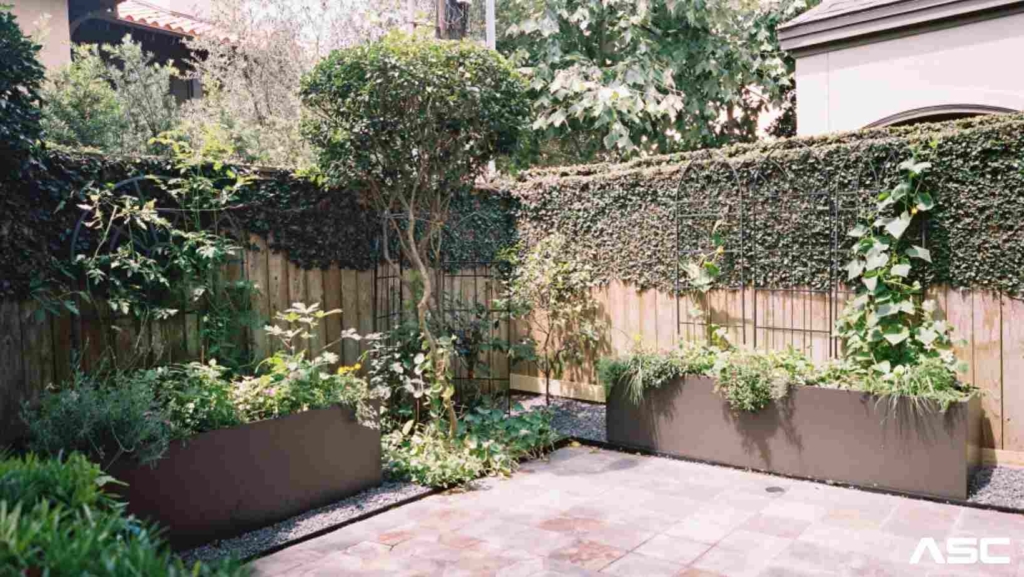
Concerns With Corten Steel
The protective layer of rust doesn’t wholly stop corrosion, it only slows down the process. Eventually, the material will rust very slowly and gradually. Be that as it may, since the primary concern for Corten is the rust runoff, you have to make sure that your planters are far from any material that could be affected by the rust runoff.
You could also install a drainage system to steer the rust runoff away from the materials that could get stained, like concrete. Some gardeners also place Corten planters on top of mulch or pebbles. This would considerably lessen the runoff’s effect—especially if your garden has an efficient irrigation system. Through this, the rust will stabilize in time, and the rust runoff will no longer be a concern.
Conclusion
Is Corten steel safe for vegetables? It certainly is. Corten steel vegetable planters may be expensive, but it can help you save money in the long run. Although some may have reservations about using weathering steel as a vegetable planter, you don’t have to worry as it is safe for this purpose. However, attaching a food-grade waterproofing coat to the planter’s interior can further help address any concerns you might have in using Corten steel for vegetables.
Benefits of using Corten steel in the garden
It is almost maintenance-free
The steel does not require pre-treatment before installation to lengthen its durability
You do not need to paint or seal Corten since a stable rust-like look is naturally formed after several years
Corten resists corrosion (usually a problem with using metal outside) as it has a special protective layer under the top layer of rust that prevents this
Corten is resistant to frost and cracking that can happen to metals in colder climates
The steel becomes harder and stronger when exposed to weather over time
It creates a modern, industrial landscape design feature.



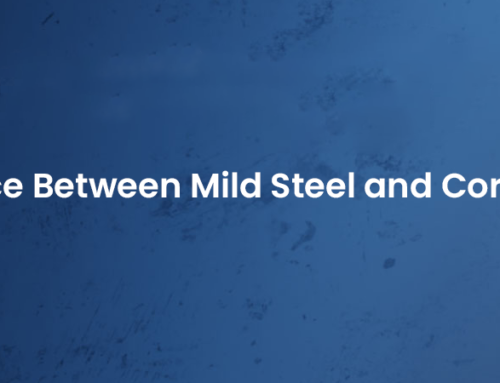



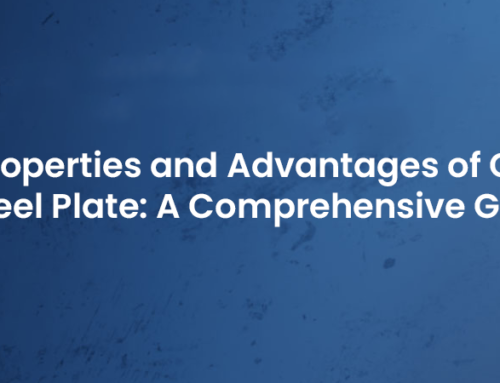
Leave A Comment